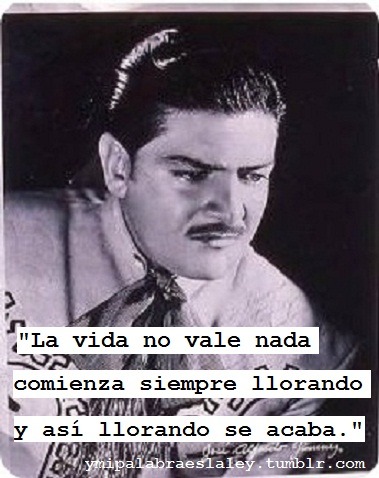

The translation that I made here is not a literal translation. La Sierra de Guanajuato - The word "sierra" means "saw" as in "sawtooth" and it is also used to refer to mountains that have peaks. The word "cubilete" means "tumbler" as in the little cup that one uses to shake the dice. It is also the geographical center of Mexico.

Cubilete that can be seen for miles around. No pasas por Salamanca - José Alfredo's brother died in SalamancaĮl Cristo de tu montaña - There is a famous statue of Jesus Christ with arms outstretched on Mt. "Caminos de Guanajuato" by José Alfredo Jiménez There is another José Alfredo song that is not only one of my favorites but also a favorite of people all over Mexico and especially those who live in the state of Guanajuato. The first song lyrics that I wrote out with an English translation were for a song called "Si Nos Dejan" by José Alfredo Jiménez which is one of my favorites. H.On July 16th, I posted an item called "Learning Spanish by Singing" and I listed a number of songs that everyone should learn so that they won't feel left out at singalongs. In recognition of his prolific work in regional Mexican music.

"Tribute to Maestro José Alfredo Jiménez S. Ayunmiento de Benito Juarez Cancun 1s de Junio de 2014" "Homenaje al Mtro José Alfredo Jiménez S.Įn reconocimiento a su prolifica obra a la musica regional mexicana. The bronze bust of José Alfredo Jiménez on a stone pedestal, can be seen on Tulum Avenue about 300 meters from the Benito Juarez City Hall in Cancun. His tomb in Dolores Hidalgo, Guanajuato, attracts visitors from around the world. He was only forty-seven years old when he died in Mexico City of complications resulting from cirrhosis of the liver. Like many of his contemporary stars, like Jorge Negrete, Pedro Infante and Javier Solís, Jiménez died young. The country artist Luke Tan recorded a disc of his favorite Jiménez songs in Spanish, including some English translations. In addition, Joaquín Sabina paid homage to Jiménez with his song, "Por el Bulevar de los Sueños Rotos" ("On the Boulevard of Broken Dreams"). In addition to his own recordings, many of his songs have been recorded by renowned artists from the Spanish-speaking world, including the following artists: Selena, “Cuando Nadie Te Quiera”, Miguel Aceves Mejía, Enrique Bunbury, Antonio Aguilar, Luis Aguilar, Lola Beltrán, Vikki Carr, Gualberto Castro, Rocío Dúrcal, Alejandro Fernández, Pedro Fernández, Vicente Fernández, Los Relámpagos Del Norte con Cornelio Reyna y Ramón Ayala, Los Tigres del Norte, Manolo García, Little Joe Hernández & The Latinaires, Julio Iglesias, Pedro Infante, the Mexican rock group Maná, Luis Miguel, Jorge Negrete, Sunny Ozuna & The Sunliners, María Dolores Pradera, Javier Solís, and Chavela Vargas and Selena. Among the most famous are "Me Equivoqué Contigo", "Ella", "Paloma querida", "Tú y la mentira", "Media vuelta", "El Rey", "Sin Sangre en las Venas", "El jinete", "Si nos Dejan", "Amanecí en tus Brazos", "Llegando a ti", "Tu recuerdo y yo", El Hijo del Pueblo", "Cuando el Destino", "El caballo blanco", "Llegó Borracho el Borracho" and "Que te vaya bonito", as well as "Camino de Guanajuato", where he sang about his home native state of Guanajuato.

Nonetheless, he composed more than 1,000 songs. According to singer Miguel Aceves Mejía, he did not play an instrument and did not even know the Spanish word for "waltz" or what "keys" his songs. Jiménez was born in Dolores Hidalgo, Guanajuato. José Alfredo Jiménez-Sandoval (19 January 1926 – 23 November 1973) was a Mexican singer-songwriter of rancheras, whose songs are considered an integral part of Mexico's musical heritage.


 0 kommentar(er)
0 kommentar(er)
